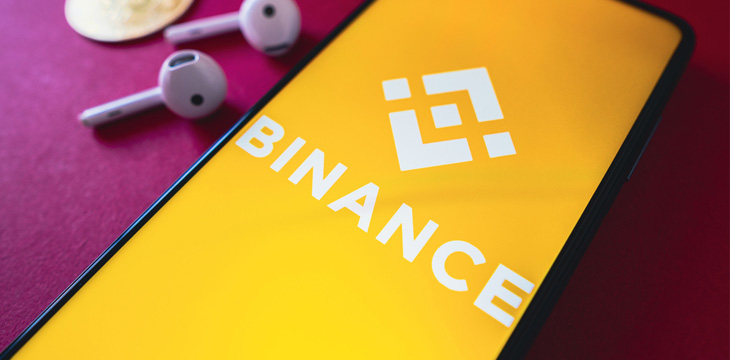|
Getting your Trinity Audio player ready...
|
Binance has continued to serve its Filipino users despite being unlicensed and unregistered by the country’s central bank, a Philippines think tank has stated in a letter to the Bangko Sentral ng Pilipinas (BSP).
Binance has operated globally without licenses for years. However, in recent years different regulators have cracked down on the exchange, forcing it to cease servicing several jurisdictions. There have been calls for a ban in the Philippines, but the Department of Trade and Industry (DTI) waived them away in 2022.
The Securities and Exchange Commission (SEC) also issued a public warning last year, cautioning investors against investing with Binance.
In a February 6 letter to the BSP, Filipino think tank Infrawatch said the exchange has continued its operations in the Southeast Asian country unabated. The letter, shared with CoinGeek, notes that Binance is an unregistered and unlicensed VASP. Despite this, it’s still offering digital asset-to-fiat services to Filipinos, violating existing laws and regulations governing the BSP.
Infrawatch pointed to a January 24 announcement by the exchange that users could transfer digital assets from their Binance accounts to their bank accounts. This service was initially available in eight countries, with the Philippines among them.
“Since Binance is not a BSP-registered VASP, and is not even a registered entity in the Philippines based on the Security and Exchange Commission’s August 2022 warning to the public, it has no business offering this feature to Binance users in the Philippines,” the letter stated.
Infrawatch urges the BSP to be proactive “to revive public confidence in the country’s emerging VASP sector, particularly because is the BSP itself that regulates this sector.”
The think tank also called on the central bank to curb any financial transactions between Binance and local commercial banks.
“It is thus our prayer that the BSP undertakes measures to stop unauthorized operations of Binance and other unregistered cryptocurrency exchanges in the country to ensure that the public and their investments are protected,” the letter concludes.
The SEC is reportedly working with the state-run University of the Philippines Law Center (UPLC) to formulate Bitcoin regulations.
“…we strive to serve the Filipino the best way possible—that is why we are motivated to issue rules addressing cryptocurrencies and blockchain technology, specifically for the issuance of digital assets and the regulation of digital asset exchanges,” SEC Chair Emilio Aquino commented.
Follow CoinGeek’s Crypto Crime Cartel series, which delves into the stream of groups—from BitMEX to Binance, Bitcoin.com, Blockstream, ShapeShift, Coinbase, Ripple,
Ethereum, FTX and Tether—who have co-opted the digital asset revolution and turned the industry into a minefield for naïve (and even experienced) players in the market.

 02-27-2026
02-27-2026 




